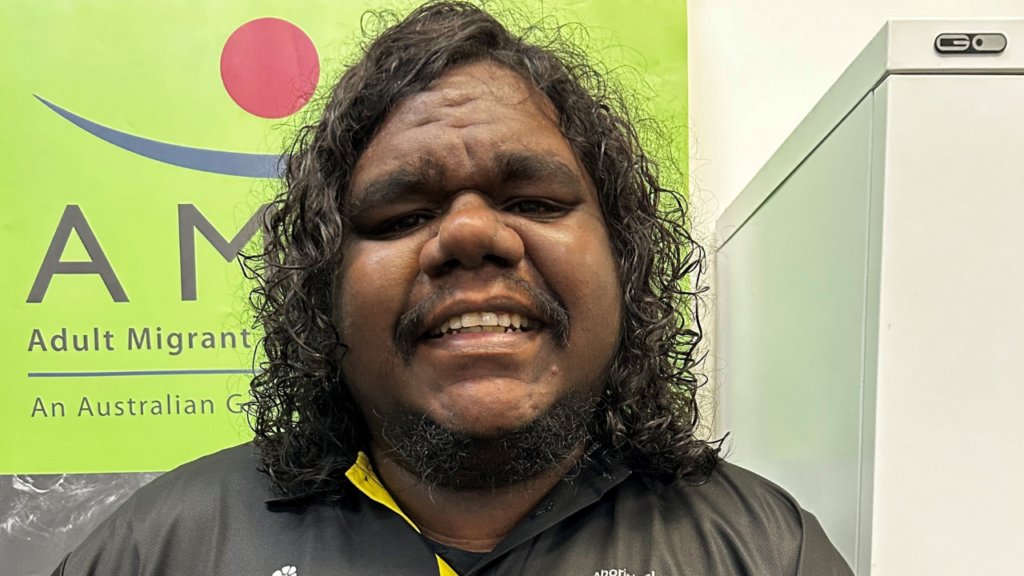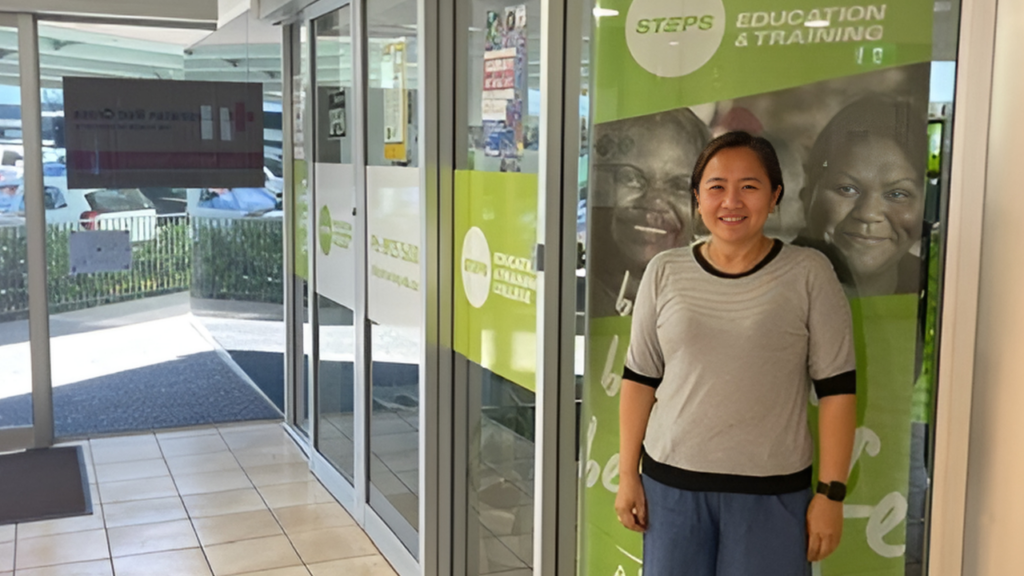With school finished for the year we managed to catch up with our busy resident National Disability Coordination Officer Debbie Rooskov to find out what it is exactly she does and why she’s so passionate about her work.
Tell us a little bit about the work you do
You will be jealous if I tell you. We have the best job. We work with a wide range of people who are really committed to ensuring people with disability have the best opportunity to reach their education, training and employment goals.
Our focus is to work with organisations at the strategic level to improve transitions, participate fully in education and training leading to appropriate and sustainable employment.
Some of the organisations we communicate regularly are schools, training providers, universities, employment services and employers, apprenticeship centres, government funded programs, government departments, community and disability organisations.
Working with organisations with similar visions help us to ensure that in the future people with a disability are more informed and have a clearer focus on who does what, how to access services and when.
[su_pullquote align=”right”]Diversity is great and brings many rewards. Training providers and employers are now starting to understand these benefits. [/su_pullquote]
What do you aim to achieve in your role as a National Disability Coordination Officer?
Easy, to do myself out of a job. Part of our role is to improve linkages and coordination between all services and together identify barriers to work or study. We aim to find solutions that make the transition into study or employment easy.
It‘s fabulous to work with organisations that assist jobseekers and students to become independent – it’s what we’re all striving for.
Another goal is to improve the capability of stakeholders to support people with a disability – we do this many ways.
What do you love most about your job?
People in this sector continually amaze me with how they go well over what is expected in their jobs to ensure people with disability can strive to achieve their goals.
I have a wonderful opportunity to work in metropolitan, rural and remote areas – they’re all so different. Being welcomed into communities and working with proactive local providers to try a range of strategies to streamlines services is rewarding and gives you the motivation to keep going when you are away from home often.
Will people still have access to the services you provide under the NDIS?
Anyone can access our services and this will not changed when NDIS is introduced.
There are many people in our community who are able to access disability support in education, training and employment but feel they are not eligible. We hope that looking at our resources and participating in events they may realise the benefits of just asking the question.
Our website has a wealth of information and will continue to be developed over the coming year with some exciting career and employment resources.
[su_pullquote align=”right”]It‘s fabulous to work with organisations that assist jobseekers and students to become independent – it’s what we’re all striving for.[/su_pullquote]
Do you have any particularly memorable moments in your time working as a NDCO?
I have so many! Last year a mental health consumer and myself provided information to a local chamber of commerce that led to local stakeholders working together to provide free mental health first aid to businesses. Next year we will be rolling out similar training to families.
Another was a work placement activity where students at TAFE and University were placed with the mining and energy sector to break down employer perceptions of people with a disability was great resulting in some good employment outcomes.
There has been so many other great moments and achievements that make me feel proud and passionate about my work.
What do you hope for the future for people with disabilities in terms of their ability to achieve their career aspirations?
That they can do anything and that they are valued both as a student and as an employee. Diversity is great and brings many rewards. Training providers and employers are now starting to understand these benefits.
The transition from study to work is an exciting time but it’s important to be prepared, have an action plan and have a great support team around you. The earlier you can start planning the better. Time to action NOW!
STEPS National Disability Coordination Officers (NDCOs) organise and deliver support services for people aged 15 to 64 years with disabilities that are, or will be, attending university, TAFE or other training organisations. You can find out more information on the NDCO website at www.ndco.stepscs.net.au







